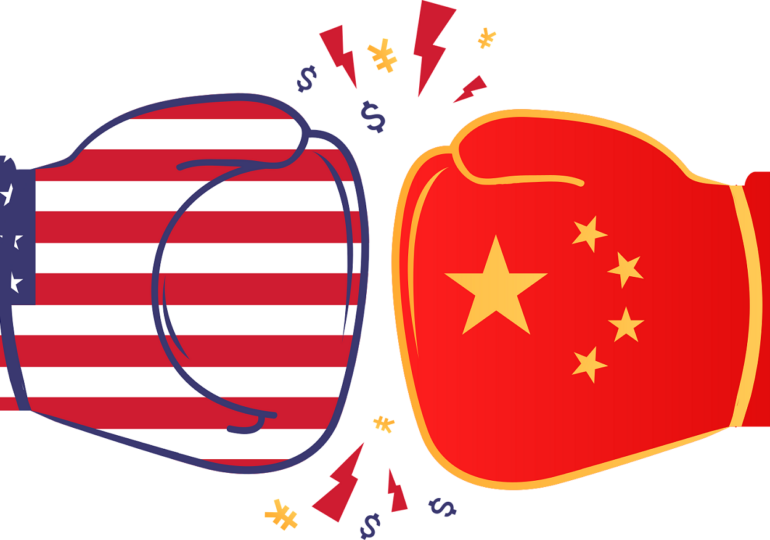The United States and China have reached an agreement for a 90-day pause in the implementation of reciprocal trade tariffs, which will be reduced by 115%, announced US Treasury Secretary Scott Bessent on Monday.
The US has imposed tariffs of 145% on imports from China, while Beijing has set a level of 125% for some goods from the United States. Through this agreement, a 90-day pause will be implemented, during which the tariffs applied by the US will decrease to 30%, and those applied by China will be at 10%.
The three-month pause will begin on Wednesday, May 14, as reported by BBC.
The Chinese Ministry of Commerce confirmed that an agreement has been reached, mentioning that the tariff reduction is "in the common interest of the world."
Discussions will not stop here
Scott Bessent said, after a weekend of negotiations in Switzerland, that the US and China have a mechanism for continuing discussions.
Chinese media reports that the meeting between China and the US has created a system for further discussions by agreeing to establish "an economic and trade consultation mechanism," while US President Donald Trump said that both parties had a "totally negotiated reset."
The 30% tariff applied by the United States is still high (above the 20% level imposed by previous administrations), but has been described by analysts as "manageable." Some measures have only been suspended, not canceled.
The US has surrendered to China
Donald Trump has surrendered in his trade war with China, according to Bill Blain, an economic analyst and market strategist at Wind Shift Capital. Blain argues that today's agreement is "the classic story of a bully," saying: "The bully hits someone. Someone reacts. The bully backs down," he wrote on X.
Blain points out that US Treasury Secretary Scott Bessent has pulled America back from the brink of a trade conflict with China that it would have lost.
"This morning's retreat will confirm the growing global realization that Trump is a barker, but only bites much smaller dogs. He threatens, postures, backs down from the fight every time. His repeated retreats and his increasingly desperate need to be seen as doing deals mean fewer and fewer people are scared of him.
It also raises the fundamental issue - the US cannot afford a trade war. The US has a debt of 36 trillion dollars. Trump promises the great beautiful solution to cut taxes. But, as shown by the failure of DOGE, he cannot cut spending," writes the expert.
However, for the moment, today's news is seen as a welcome step forward, notes the BBC.
Stock markets on the rise
The agreement has been positively received by Asian stock markets, where the main indices have started to rise. In China, the Hang Seng index in Hong Kong surged upon the tariff announcement. The index rose by 3.4% starting at 3:30 pm local time. The UK's FTSE 100 index is also up from opening, by 0.7%.
The price of oil is also rising, with the value of Brent crude - a key indicator of oil prices in general - increasing by 2.8%.
Additionally, the dollar and the Chinese Yuan have strengthened against the British pound, euro, and Japanese yen after the agreement was announced.

